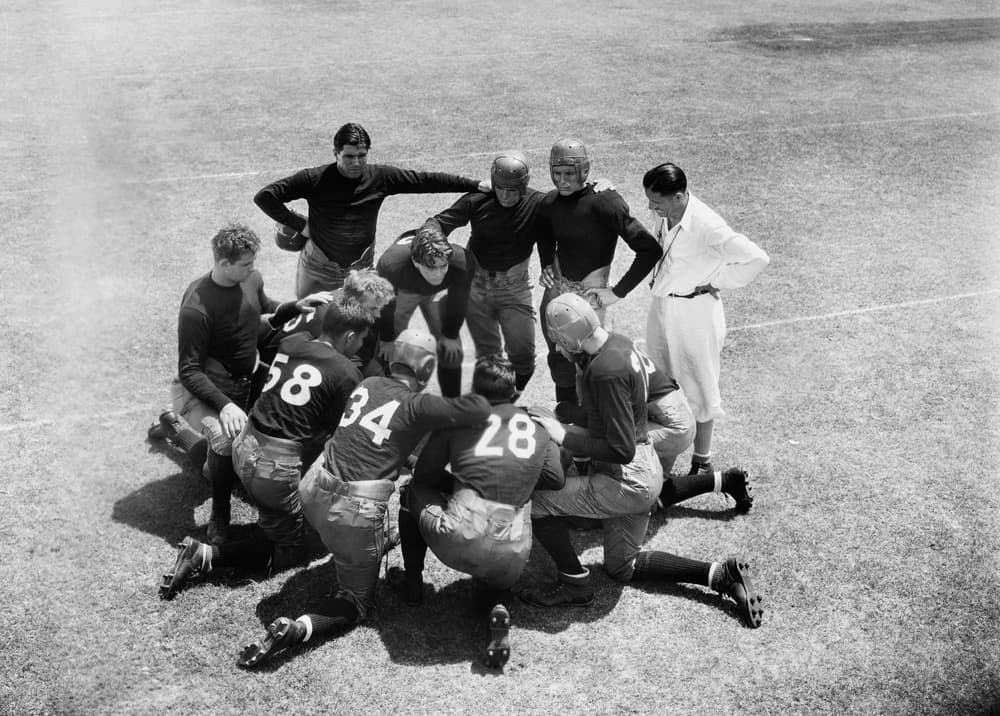
Claim supervisors and managers need to be the most experienced and have sufficient time to monitor staff and claim handling. They also must teach, critique, and discipline all claim handling.
An adjuster needs to be part detective, doctor, lawyer, father confessor, director, and politician. Investigating facts and activities requires an inquisitive mind with a questioning capacity.
Additional Adjuster Tasks & Responsibilities:
- Adjusters must know the medical facets of traumatic injury, healing periods, and usual complications.
- Proper medical care must be achieved.
- Adjusters must direct and control the claim.
- Complying with the law’s requirements and duties requires legal knowledge.
- Listening, being empathetic, and addressing injured workers’ needs, are paramount to a successful resolution.
- Adjusters must be good communicators in spoken and written formats.
- Adjusters must have convincing gravitas to have people accept their proposals.
- Adjusters deal with all walks of life. They must be comfortable in public dealings.
- A college degree might be preferred, but it is not always necessary.
There are two schools of thought for selecting adjusters. First, hire only experienced people. Second, train your own. Both have pros and cons. Each has had successes and failures. Selection is a matter of choice.
Click Link to Access Free PDF Download
“How Do I Get My Adjusters To Follow My Account Handling Instructions?”
Medical Only Technician:
Medical-only adjusters, an entry-level position, are trainees with little to no experience. They handle minor medical claims involving simple lacerations and minor strains/sprains, not involving any lost wages or complicated medical injuries/conditions. When an employee has a few clinics visits, the employer sends the claim in with the bills, and the adjuster sets up the claim, processes the bills, and closes the claim.
Some issues a medical technician faces are:
- The history of the injury occurrence may only be addressed in the first reporting and billing.
- Aggravations for underlying pathologies may be casually addressed or not commented on.
- Often a treatment number is the only clue that the employee is being treated for more than the original injury.
- Treatment time and expense exceed normalcy or claim unit authorities.
- Treatment may be going on that was not authorized.
- Missing permanent partial disabilities. Or paying permanent partial disabilities as a med case instead of an indemnity case.
Lost time/indemnity adjuster
Lost-time/indemnity adjusters are more experienced, with knowledge of local legal statutes and a high degree of medical training in handling occupational claims. Their expertise is with claims running past 90 days involving more severe injuries such as complicated lacerations, level 2/3 sprain/strains, surgical repairs, or pending surgeries. When employers question claim compensability, the claim is immediately assigned to the lost time/indemnity adjuster.
Some issues that could hamper performance are:
- Assigned case overload impeding ability do a proper job
- Performing tasks that are better served clerically
- Failure to be analytical and innovative
- Have attitude issues that can cause cases to explode
- Failure to explore the worst-case scenario
- Lack of empathy for the injured employee
- Lack of effort to resolve cases promptly and expeditiously
Litigation Technician:
Litigation adjusters handle claims involving lawsuits. These adjusters share the same level of experience as the lost-time adjuster. However, they have advanced training in legal issues and in investigating the compensability of occupational claims.
When a compensable claim is disputed, and the claimant retains counsel and files a Notice for a Hearing, the claim goes from the lost-time adjuster to the litigation adjuster. The litigation adjuster works with in-house or outside counsel to gather details on the injury and appears for hearings and mediations to quickly resolve the claim at a minimum legal expense.
Catastrophic adjuster
This level of adjuster is the most complex, handling very difficult claims, usually when the claimant has a severe injury requiring multiple surgeries, amputations, loss of sight, hearing loss, or internal medical issues such as asbestosis or chronic joint degeneration due to occupational exposure, etc.
General/catastrophic adjusters have many years of experience in the Insurance industry, combined with advanced medical and litigation training and experience. They also have advanced claim investigation training and may possess a law degree or are licensed attorneys.
Summary:
It is vitally important for adjusters to have the proper intelligence, personality, and training to obtain maximum resolution of their claims. Cases should be assigned at proper levels of adjuster competence. Supervisors, managers, and employers need to monitor adjuster activities to maintain maximum benefit for the claim.

Contact: mstack@reduceyourworkerscomp.com.
Workers’ Comp Roundup Blog: http://blog.reduceyourworkerscomp.com/
©2022 Amaxx LLC. All rights reserved under International Copyright Law.
Do not use this information without independent verification. All state laws vary. You should consult with your insurance broker, attorney, or qualified professional.




























